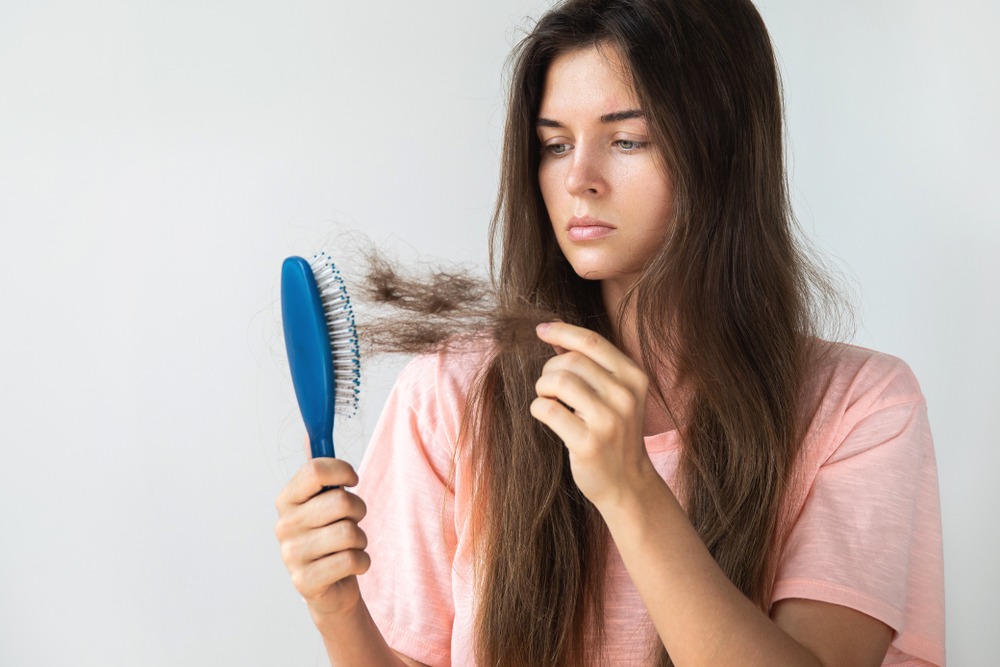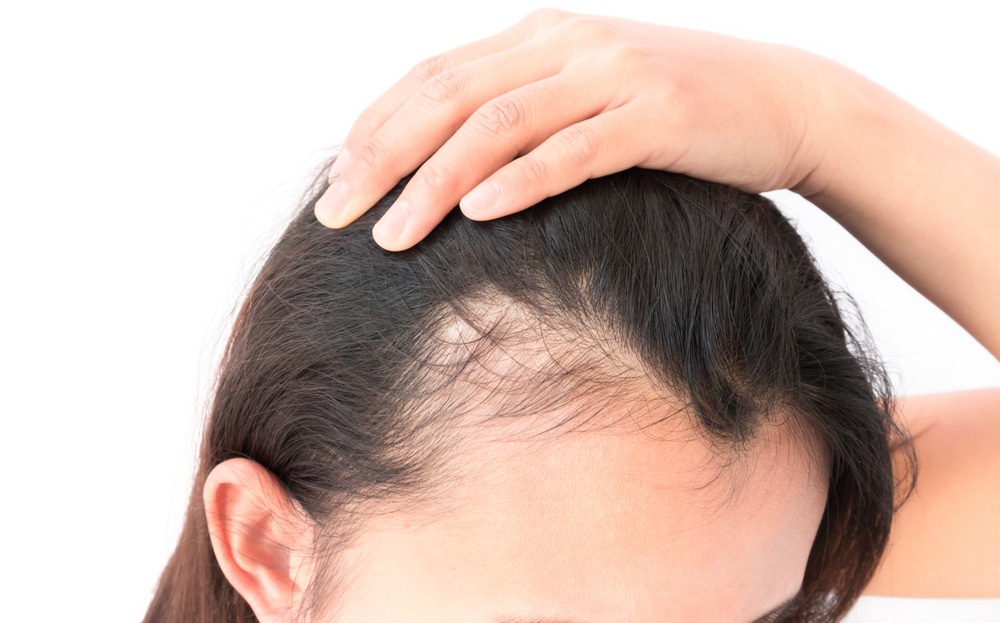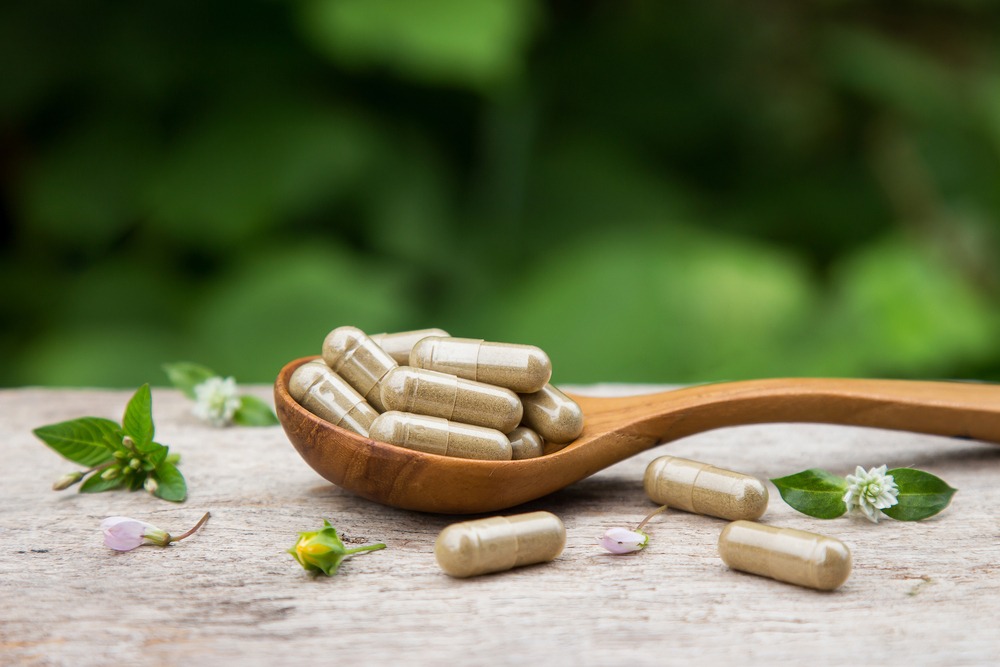
What is Hair Loss & Why Does It Happen?
Hair loss is a problem that affects more than just men. Hair loss can be caused by a variety of factors, including genetics, illness, and stress. But there are also some lifestyle habits that may lead to hair loss.
The most common causes of hair loss are:
- Aging
- Genetic
- Medical conditions
- Stressful life events
- Lifestyle factors like smoking and diet
How to stop your hair from falling out?

Hair loss is something that can be really frustrating. It can be really frustrating to not be able to stop hair loss. However, there are various things that you can do to try and stop hair loss. One of the things that you can do is to try and stop it from happening in the first place. This means that you should try to keep your hair healthy, this means that you should try to avoid hair products that are bad for your hair.
There are many approaches to tackle hair loss. One of them is hair transplantation which is a surgical procedure that involves moving healthy hair from the back and sides of the head to the bald patches on the top of your scalp.
However, it is not always possible for everyone to undergo surgery due to various reasons like it being too expensive or not suitable for their lifestyle. And that’s where natural remedies come into play!
Some people use them as an alternative option for treating their hair loss problem in order to save money or because they don’t want any kind of surgery done on their scalp.
First, you should make sure that you are getting enough protein. This is because protein helps to build and maintain hair. Additionally, you should check that you are getting enough vitamin B12. Vitamin B12 helps to keep hair healthy and strong. Finally, you should make sure that you are getting enough omega-3 fatty acids. These fatty acids help to promote hair growth.
How imbalance in hormones affects your hair?
There is a strong connection between hormones and hair growth. Hair loss is not only a cosmetic issue, but it is also a sign of a hormonal imbalance. Women are more likely to experience hair loss than men, but hair loss can occur at any age.
The higher the levels of estrogen or testosterone in the body, the more likely you will have healthy hair growth. The hormone dihydrotestosterone (DHT) can cause baldness by blocking the effects of testosterone on hair follicles.
There are a few things that you can do to improve your hormonal balance and reduce your likelihood of experiencing hair loss. First, make sure that you are getting enough exercise. Exercise releases endorphins, which are hormones that can help to improve your mood and reduce anxiety.
Second, make sure that you are eating a balanced diet. Eating a healthy, balanced diet will help to reduce your risk of developing hormonal imbalances.
Third, check that you are taking supplements to help improve your hormonal balance. Supplements can help to improve your mood, reduce inflammation, and increase your energy levels. Finally, try getting regular checkups with your doctor to ensure that you are not experiencing any hormonal issues that are causing hair loss.
The best natural supplements for healthy hair

Hair is a part of the integumentary system and is made up of keratin, a type of protein. Hair growth begins in the hair follicles, which are small pockets that form in the skin.
The hair follicle goes through three stages: anagen, catagen, and telogen. The anagen stage is when most hair growth occurs as this is when cells are dividing quickly to produce new hair fibers. The catagen stage follows and this is where cells divide more slowly to produce keratin protein. The telogen stage produces a resting period for the hair follicles where there’s no new cell division or shedding of old hairs.
To promote healthy hair growth, it’s important to maintain a healthy lifestyle with proper diet, adequate sleep and exercise. It can also be helpful to use products that contain biotin since it has been shown to stimulate faster cell division in the anagen phase.
There are many natural supplements that can be helpful for healthy hair. Some of the most popular include: omega-3 fatty acids, biotin, vitamin B12, multivitamins, and minerals.
Omega-3 fatty acids
Omega-3 fatty acids are a type of essential fatty acid and are beneficial for hair because they can help to improve its elasticity and promote hair growth.
There are a few different types of omega-3 fatty acids, but the most important for hair loss is alpha-linolenic acid (ALA). ALA is found in plant-based foods like leafy greens, nuts, and seeds. It is also present in some animal-based foods, like grass-fed beef and lamb.
Studies have shown that people who have higher levels of ALA in their blood have a lower risk of hair loss. This is likely because ALA helps to protect hair from the damage caused by free radicals.
Biotin
Biotin is another water soluble essential nutrient for hair that can help to improve hair color and strengthen hair fibers.
A deficiency in biotin can lead to hair loss, brittle nails, and poor skin health. It is recommended that adults consume at least 15 micrograms of biotin daily. Foods that are high in biotin include liver, legumes, peas, nuts, and fortified foods.
Vitamin B12
Vitamin B12 is important for hair because it can help to improve the production of keratin, a protein that is important for hair strength and elasticity.
If you are suffering from hair loss, it is possible that you are not getting enough vitamin B12. Hair loss can be a sign that your body is not getting the energy it needs, and vitamin B12 is important for that.
Multivitamins
Multivitamins are a good way to get all of the essential nutrients your hair needs, but be careful! Too much of some vitamins, like A, can lead to the opposite. To avoid hair loss from over-consumption of multivitamins, be sure to talk to your doctor before starting supplementation and to track your hair loss closely.
Minerals
Minerals are important for hair because they can help to improve hair color, texture, and strength.
There are many different types of supplements that can be helpful for healthy hair, so it is important to review the ingredients and see which ones are best for you.
Warning !
We don’t give any medical advice, diagnosis, or treatment. Consult with your physician or seek medical attention before making any health or food-related decisions.
This article is about some simple general health or food tips that you can find everywhere on the internet, not about some deep professional advice.




















